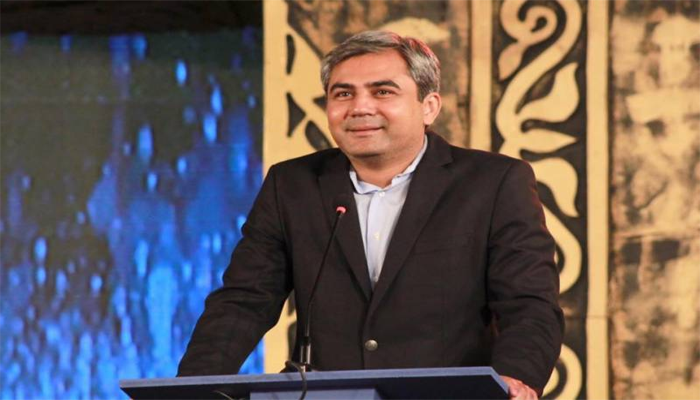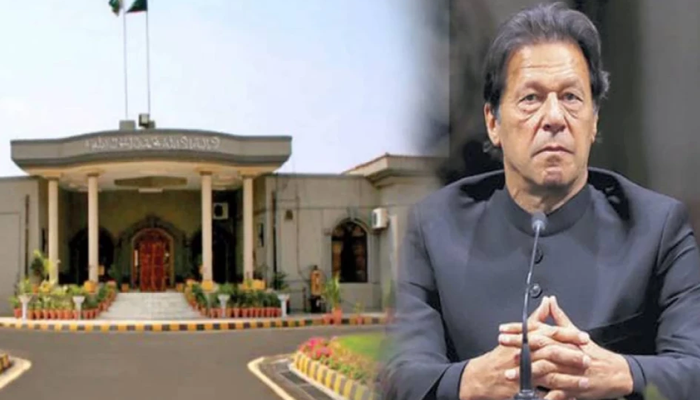ISLAMABAD,: The Chief Justice of Pakistan, Yahya Afridi, has stressed the need for comprehensive judicial reforms to ensure timely justice for all litigants, emphasizing that they are key stakeholders in the justice system and deserve to be treated with dignity and respect. These remarks were made during a consultative meeting with senior judicial officials focused on improving access to justice. The Chief Justice emphasized that the ongoing reforms should not only address the growing case backlogs but also ensure that justice is delivered efficiently and promptly.
The meeting, which included top officials such as Supreme Court Registrar Muhammad Saleem Khan and Director General of the Federal Judicial Academy, reviewed the progress of various judicial reforms, including efforts to digitize the judicial process. A significant portion of the discussions centered on improving the accessibility and efficiency of the system, particularly by implementing advanced technology in the judicial processes.
One of the key areas of focus was the digitalization of case filing, aimed at simplifying procedures, reducing delays, and enhancing transparency in the legal process. The IT Directorate presented updates on the integration of new technologies to streamline judicial operations. According to the officials, digital platforms like the e-Affidavit system and the Case Management System have significantly reduced procedural delays by allowing litigants and lawyers to file documents electronically and access certified copies of cases almost instantly.
A statement issued after the meeting noted that enhancing accessibility for the public and ensuring greater efficiency in the judicial system remained a top priority. The Supreme Court is currently grappling with a significant backlog, with around 57,000 cases pending before the Court. Moreover, there are an additional 2.4 million cases pending in various other courts across the country, further straining the justice system.
In light of these challenges, the Chief Justice also highlighted the progress made between October 28, 2024, and March 7, 2025. During this period, the Supreme Court fixed 27,312 cases and disposed of 12,109. At the same time, 7,370 new cases were instituted, demonstrating the ongoing pressures faced by the judiciary.
Chief Justice Afridi’s reform agenda is a critical step in addressing the backlog and modernizing Pakistan's judicial system. In addition to technological advancements, the judiciary has also implemented feedback mechanisms involving legal professionals and the public to strengthen trust in the justice system. These initiatives are part of a broader push to make the judiciary more accessible, efficient, and accountable, ensuring that litigants receive the timely justice they are entitled to.
The Chief Justice concluded by reiterating that these reforms are vital for the credibility of the justice system and for restoring public trust in its ability to deliver justice in a timely manner.








